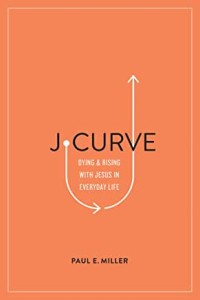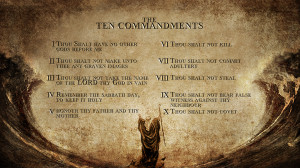Not One Promise Failed
Written by Pastor Jim Law, Posted in Church Life, Devotional, Leadership, Uncategorized
 I will resume our series, Life on the Altar, next week. I have the opportunity to teach a Family Life Conference in the Pensacola area and would appreciate your prayers as I travel today and for my time with the Midway congregation this weekend.
I will resume our series, Life on the Altar, next week. I have the opportunity to teach a Family Life Conference in the Pensacola area and would appreciate your prayers as I travel today and for my time with the Midway congregation this weekend.
I offer this short post that came from my reading of Joshua this week. In Joshua 21, a powerful summary statement is given as Israel finished the land allotments by tribes: “Not one word of all the good promises that the Lord had made to the house of Israel had failed; all came to pass (21:45).” This summary is a faith building encouragement, and I am convinced will be the prevailing testimony of God on the last day. Not one promise from the Lord has failed, all has come to pass, just as He said, and just as He promised.
Taking a step back to the first chapter, the book of Joshua begins with a blunt announcement, “Moses my servant is dead!” (Joshua 1:2) There you have it. Israel’s leader for forty years now belongs to the ages.
Moses who escaped genocide as an infant and was rescued from the Nile by Pharaoh’s daughter.
Moses who was reared in Pharaoh’s court and received the best of educations.
Moses who was called at a burning bush to lead Israel out of Egypt.
Moses who confronted Pharaoh with God’s demand to let Israel go which unleashed a series of ten plagues.
Moses who led Israel out-of-slavery, through a parted Red Sea, and onward to border of the Promised Land.
Moses whose communion with God was so intimate that the text said that the Lord would “speak to Moses face to face, as a man speaks to his friend.” (Exodus 33:11)
Moses, of whom it was said, “(he) was very meek, more than all people who were on the face of the earth.” (Numbers 12:3)
Moses’ life divided neatly into three forty-year segments. The first forty years he lived as the son of Pharaoh. The second forty he lived in the Midian outback tending sheep as a result of his misplaced anger. And the last forty years were spent shepherding Israel to the border of the Promised Land.
Now in Joshua 1 we find his death announcement, and Joshua was charged with leading Israel into the land of Canaan. While Moses had died, God was still on the throne. When a man of God dies, none of God dies. How comforting that is for those of us living in a dying world! (more…)







